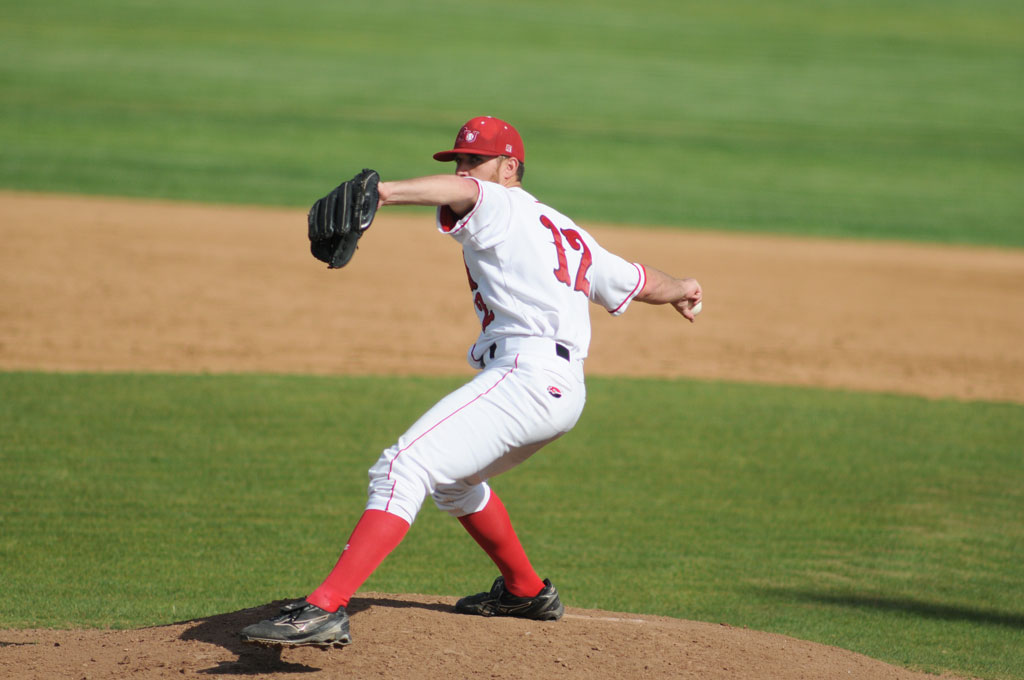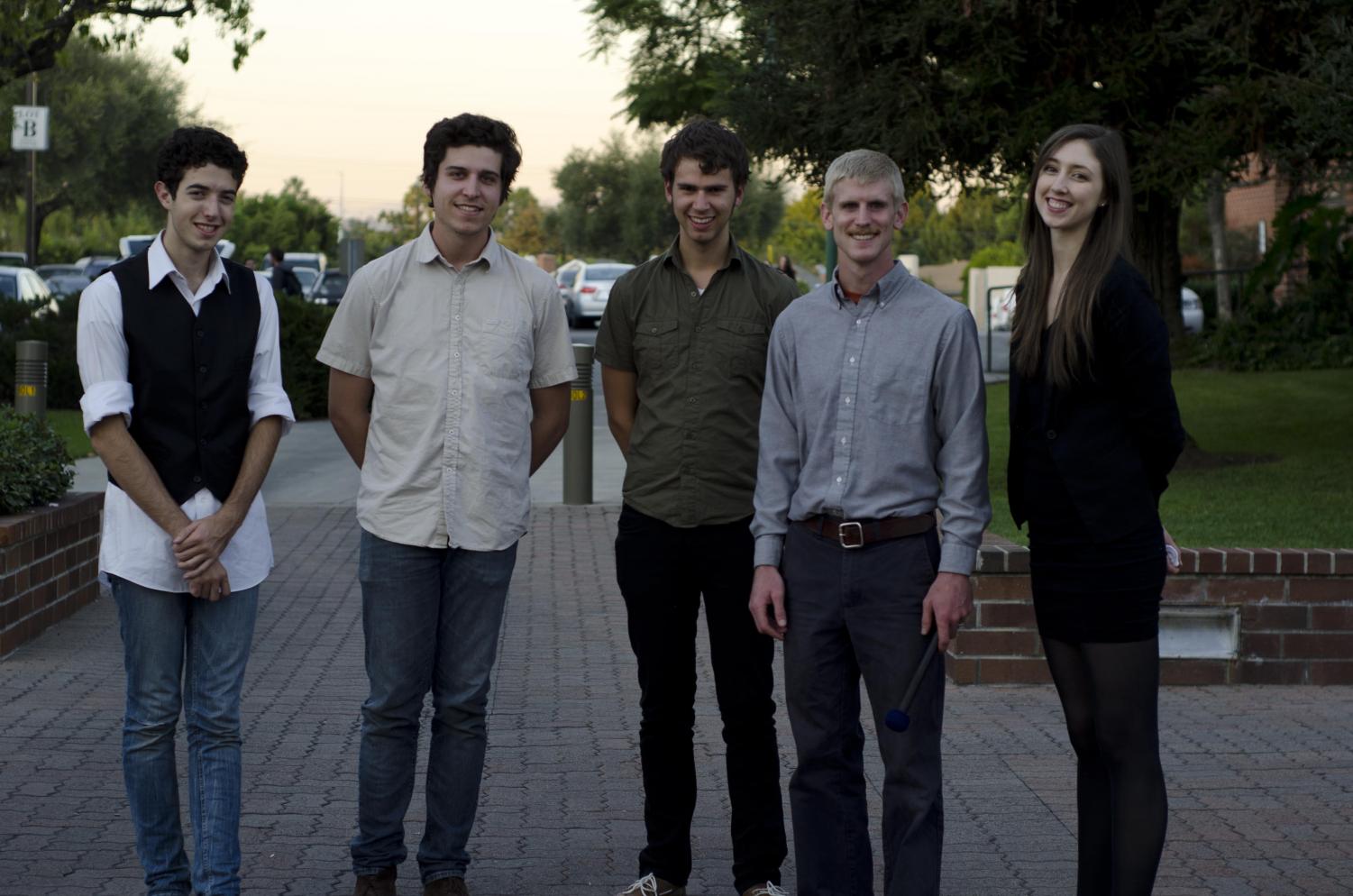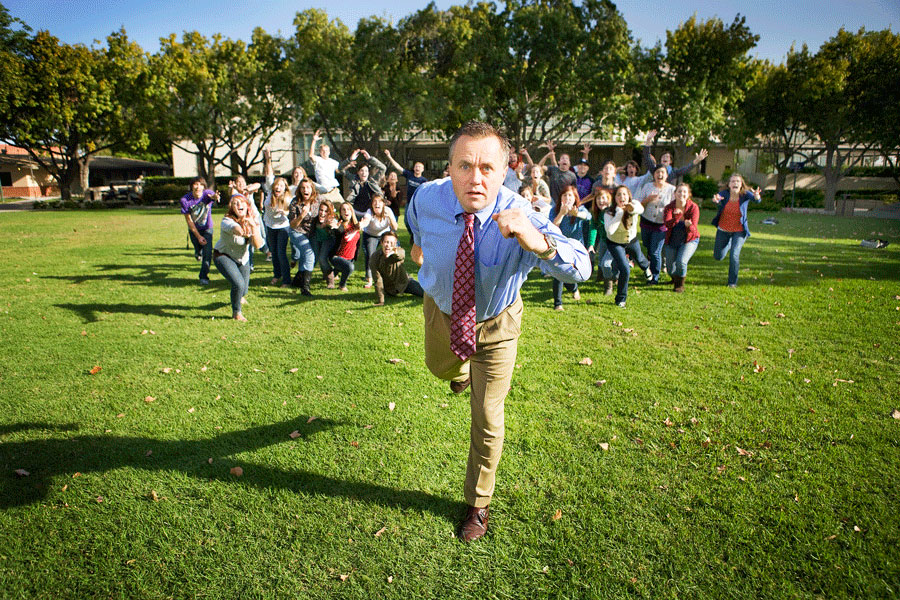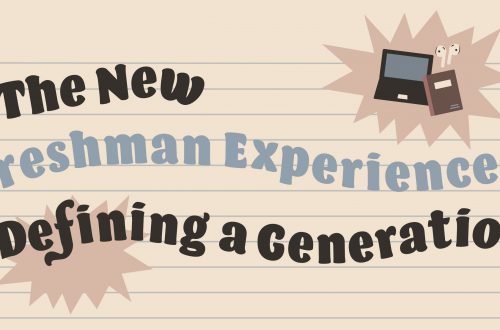Written by Ashley Shafer
It’s a good thing I met Bobby O’Neill in Common Grounds for our interview, because he really needed a cup of coffee. The exhausted super senior is busy enough with typical college responsibilities like class and a part-time job in the lumber industry. But O’Neill also plays minor league baseball, and the road to the majors is an unbelievably tough and taxing one.
O’Neill emphatically ordered black coffee — something his dad introduced him to when he was 12 years old. In addition to teaching his son the importance of a proper caffeine jolt, Vince O’Neill also emphasized hard work and faith in God. These two things got the younger O’Neill drafted by the Minnesota Twins during his senior year at Biola.
Two years prior to O’Neill’s first cup of coffee, he’d talked over another significant matter with his father. O’Neill had announced that he wanted to play Little League baseball, just like his older brother. But playing Little League was no small matter to the elder O’Neill, who warned that if his son wanted to play baseball, he had to take it seriously. This meant staying away from dangerous pastimes like skateboarding and skiing that could threaten his well-being and take time away from baseball.
“‘If you want to start playing baseball you’re going to have to figure it out right now,’” O’Neill recalls his father saying. “‘And you’re going to have to start working towards becoming a professional athlete.’”
Thus began O’Neill’s pursuit of the pros.
O’Neill lands at Biola
With such a definite goal in mind, many may wonder what brought O’Neill to a small private school like Biola. That, he says, is a “God thing.” O’Neill had attracted the attention of Division I and Division II universities, but with nine children in his family, his parents were limited by finances as to where they could send their third-born child.
Little did O’Neill know at the time, he would soon receive a scholarship from The Gates Millennium Scholars Program, sufficient for a full ride to any school of his choice. The scholarship, funded by the Bill & Melinda Gates Foundation, was an incredible reward for O’Neill’s hard-earned 4.3 high school GPA.
However, by the time O’Neill learned of his selection for the scholarship, he had already felt God confirming his future at Biola. Had the timing been different, O’Neill says he may have gone to another school, but he stuck with his instinct. He had already sat in on a few Biola classes, attended chapel and even been promised playing time as a starting pitcher for the Eagles. He was confident Biola was where God wanted him.
O’Neill’s Turning Point
Yet, after four years on the team, O’Neill still had not been considered by MLB scouts. His shoulder had been tightening up, keeping him from performing to the best of his abilities. These struggles eventually culminated in what O’Neill calls his “salvation moment,” when he prayed, “If baseball is not an option for me, God, that’s fine, that’s your will.”
Never before had O’Neill thought he would be able to give up baseball, but he came to a point when he knew he might not have a choice. He described this realization as a “light switch” that clicked on and showed him how he needed to make God, not baseball, his first priority.
Only days later, O’Neill’s arm had improved and a scout from the Twins was interested in him. After getting to know O’Neill’s talent and personal character, the scout began vouching for O’Neill to the Twins minor league system. When O’Neill learned that the scout was a Christian, he knew it was not a coincidence.
“I think God heard my prayers and sent out his warrior to come rescue me,” he says.
Draft Day Jitters
When draft day approached, O’Neill still had no idea whether or not he would be selected. He listened to the draft on the radio at his parents’ house, keeping a close eye on the MLB.com draft tracker on his computer. He waited anxiously until 40 of the 50 rounds had been called, and his name had not been chosen.
O’Neill decided to take the initiative and sent his scout a text message asking for an opportunity. A few minutes later the scout called to confirm that, if the Twins drafted him, O’Neill would be willing to commit to the organization, even if only to play on the lowest level for no salary.
O’Neill assured the scout that money was unimportant, and with the scout’s best wishes, he hung up the phone, still unsure whether he would be chosen. He listened intently for the next two rounds but did not hear his name called. By the 43rd round, he had gotten distracted; he was jolted back to reality by the words, “The Twins select senior, O’Neill, Robert.”
A stunned, surreal silence was followed by an explosion of excitement as O’Neill’s mother, Tari, ran into the room crying.
“We all stood staring at the name on the computer, just to make sure,” Tari O’Neill says. “Then the phone started ringing. It was great.”
O’Neill Determined to Prove Himself
Only four days later, O’Neill was on a flight to Fort Myers, Fla., to play rookie ball. His scout made clear that because O’Neill was one of the oldest players, with the most college experience, the team expected him to be a leader and to work up the ranks to a higher level.
O’Neill’s strategy to fulfill the team’s expectations was simple: throw strikes, listen carefully to his coaches and apply himself unrelentingly during the rigorous 60-game season. The hard work ethic he inherited from his dad helped him through the several difficult weeks of baseball.
“Everyone has the talent out there, but not as many people have the heart to put in all the extra work,” O’Neill says.
Knowing that coaches would be taking note of everything he did, O’Neill made it a point to take even his conditioning and stretching exercises seriously. He also seized any opportunity to share his faith, even using Biola apparel as an evangelistic tool. Whenever his teammates asked what the “BU” on his gear stood for, O’Neill was able to tell them about The Bible Institute of Los Angeles, which sparked conversations about God and his faith.
“I look at [playing baseball] as my mission field right now,” O’Neill says. “People go on missions trips, and that’s awesome — this is my missions trip right now.”
Biola Closing Pitcher Goes Pro
O’Neill’s teammate, workout buddy and friend at Biola, Cameron McVey, was also selected in the major league draft. When McVey first transferred to Biola in fall of 2010, the two seemed unlikely friends.
“What’s crazy is that when I first got to Biola, I thought [Bobby] was crazy,” says McVey. “And we ended up being best friends. I never met a guy with a shaved head that was a great person [before].”
McVey’s story parallels and deviates from O’Neill’s in distinct ways. While O’Neill worked his way to being a starting pitcher for The Eagles, McVey, who also graduated in May with a degree in sociology, took a slightly different path. He became the closing pitcher for the Eagles when he transferred to Biola, a move that almost never happened.
While playing baseball at Mt. San Jacinto College — also known as Mt. SAC — McVey was looking to transfer, but was not getting any offers for solid playing time. After checking out several schools in his region, he found Biola. He had no idea whether Biola’s team was any good, but he contacted Biola baseball coach John Verhoeven to ask for a tryout.
Coach Verhoeven saw a lot of promise in McVey right away. “‘If you come here to Biola, we’re going to make a closer out of you,’” Verhoeven recalls telling McVey.
McVey had never been to a Christian school before, so he did not know what to expect. He noticed a difference immediately between his teammates at Biola and those at his former school. He remembers that, to his surprise, every player on the team was a really great guy.
“It totally changed my outlook on life, because where I am from, there aren’t many good people,” says McVey.
Cameron McVey’s Hard Work Shows
McVey believes that his time at Mt. SAC can be credited for one thing: the development of his hard work ethic. The intense conditioning program at Mt. SAC helped foster the physical and mental drive that McVey exhibited at Biola.
“I wanted to get to the next level,” says McVey. “And the only way to do that is to work hard.”
Verhoeven confirms that he has never seen a player outwork McVey. The pitcher could often be found tackling additional workouts and running after practice had ended. “He’s a real, real hard worker,” Verhoeven says.
This diligence eventually made McVey an incredible asset to the team, and he attracted enough attention to earn him the Golden State Athletic Conference Closer of the Year award in 2011. McVey was throwing 95 mph fastballs, a competitive speed even for the majors.
McVey Drafted by Giants
McVey’s talent ultimately got him drafted in the 22nd round of the MLB June Amateur Draft by 2010 World Series champion the San Francisco Giants. As it turns out, O’Neill was sitting next to him when he heard the news.
“I got to be the first to shake his hand and congratulate him,” O’Neill says.
O’Neill wasn’t the only teammate happy to hear news of McVey’s selection. Drake Fages, a junior on Biola’s baseball team at the time, says that McVey getting drafted was encouraging to all their teammates.
“It showed us that we do play in a good conference that is respected by the scouts,” says Fages. “And that you never know who could be in the stands to possibly make our dreams of becoming a professional baseball player a reality.”
Baseball takes McVey to Alaska, Arizona
McVey did not officially sign with the Giants until late in the draft, after the professional season was over. He had been invited to play for the Peninsula Oilers in a nationally-recognized Alaskan league, an opportunity he did not want to pass up. He chose to participate in this league rather than going straight to Arizona to play minor league ball with the Giants.
“[It was] definitely the best experience I have ever had playing baseball,” says McVey of his time in Alaska. He enjoyed meeting other players and basking in the never-ending sun. “It was like another planet up there. The sun was always out.”
Upon his return, McVey committed to the Giants. He will still need to prove himself over a two-month spring training period in Arizona, which started in February of 2012, before the organization determines where to place him for the upcoming season. Naturally, there is a great deal of pressure riding on McVey, but he refuses to let it get to him. He feels that Biola baseball has prepared him well for the highest level.
“[Playing for Biola] made me learn and work out and run all on my own without someone always telling [me] to do it,” McVey says. “I am not nervous at all. I’m just happy I made it, and I am just going to do what I have been doing.”




